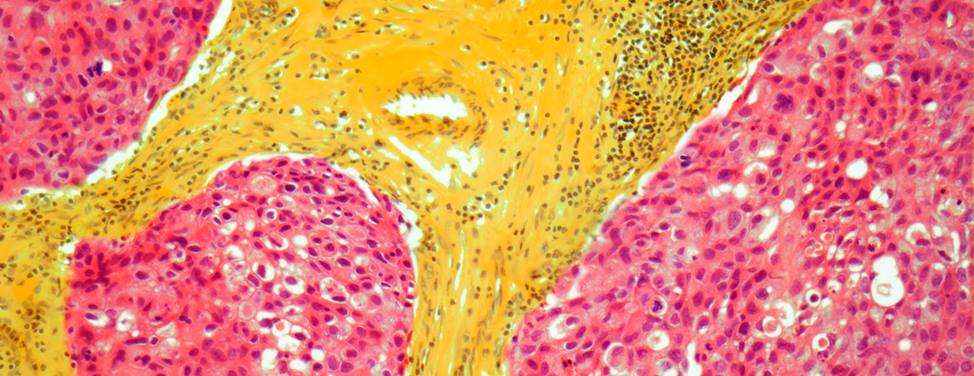
Metastatic Breast Cancer
Learning of a diagnosis of metastatic disease is often accompanied by fear, uncertainty and difficulty with treatment decision making. While we have no treatments guaranteed to cure metastatic breast cancer, many women live many years, treating breast cancer as a chronic illness and responding variably to systemic therapies. In addition to standard recommended treatments, there are numerous clinical trials.
There are new therapies under investigation for metastatic breast cancer using new chemotherapy drugs or older drugs in combination with new hormonal therapies. There are new developments in preventing further metastases (antiangiogenesis), vaccine research, alternative delivery systems for older chemotherapy agents and interruption of the genetic "turning on" of breast cancer development.
Each woman reacts differently, but it is generally true that women need both information and emotional support and benefit greatly from advocacy on their behalf.
Metastatic Breast Cancer Diagnosis and Treatment
Our team of doctors and health care providers will work with you individually to address your personal medical concerns and to determine a treatment plan that meets your medical needs. In addition, the Breast Care Center offers support and wellness services to help you manage the emotional and lifestyle challenges that you may face.
To make an appointment with one of our doctors, please call (415) 353-7070.
Other Programs
- Art for Recovery
- Breast Cancer Decision Services
- Patient and Family Cancer Support Center
- Osher Center for Integrative Health
- Consultations, such as with a nutritionist or psychiatrist
- Friend to Friend Gift Shop
Educational Materials
At the UCSF Carol Franc Buck Breast Care Center, we hope to provide you with information and support that will enable you to experiment and to explore ways of feeling better that best match you and your needs.
Below you will find links to some of the educational information contained within our website that is applicable for individuals with metastatic breast cancer. In addition further information can be gathered at our Patient and Family Cancer Support Center or by talking with your doctor.
- Treatment Options:
- Chemotherapy
- Radiation therapy
- Hormonal Therapy
Breast Cancer Self-Care and Recovery:
- Introduction to Lifestyle Change
- Nutrition and Breast Cancer
- Hydration: Water and Health
- Exercise Program
- Guided Imagery
- Meditation
- Sexuality and Breast Cancer
Clinical Trials
Clinical trials are formal, controlled studies to test the effectiveness of new treatments, including drugs, types of intervention or combinations of therapy. If you are interested in obtaining more information on specific breast cancer clinical trials, visit the clinical trials sections of the following websites:
Information also is available on the National Cancer Institute's CancerNet, where you will find access to PDQ, the NCI-sponsored database of clinical trials nationwide.
Note: Information here is presented as an educational service to doctors and patients. It should not be interpreted as providing medical advice or be used for the diagnosis or treatment of cancer or any other health problem. Enrollment in a clinical trial is based on satisfying eligibility criteria. Final determination for inclusion in a study is made solely at the discretion of the principal investigator.
Learn more about clinical trials and how they work.
Navigating Your Path to Breast Care:
- Navigating Your Path to Breast Care: I am Concerned About Breast Cancer
- Navigating Your Path to Breast Care: I Have a Lump or Abnormal Mammogram
- Navigating Your Path to Breast Care: I Am Newly Diagnosed With Breast Cancer
- Navigating Your Path to Breast Care: I Have Metastatic Breast Cancer
- Navigating Your Path to Breast Care: I Am in Follow-Up
- Navigating Your Path to Breast Care: I Would Like a Second Opinion
UCSF Health medical specialists have reviewed this information. It is for educational purposes only and is not intended to replace the advice of your doctor or other health care provider. We encourage you to discuss any questions or concerns you may have with your provider.



















